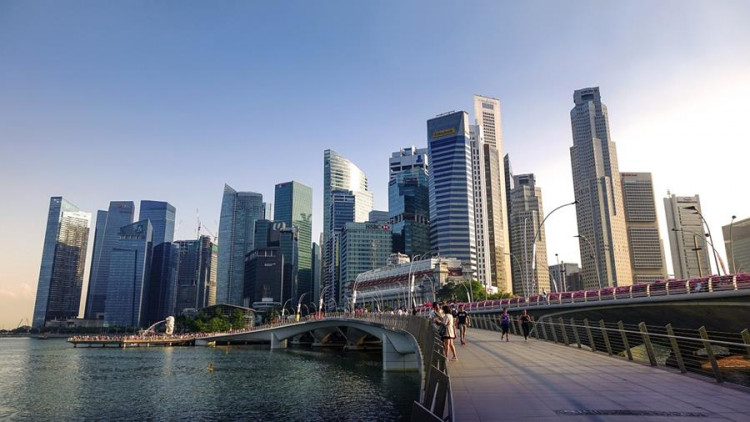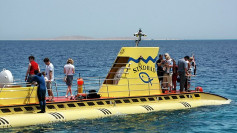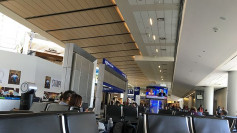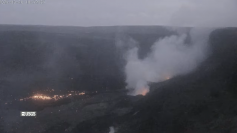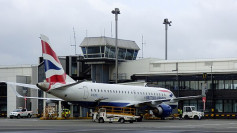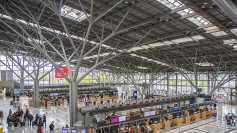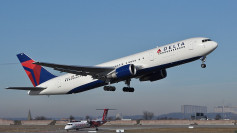Singapore will abolish its indoor mask requirement for the majority of public venues, relaxing one of the country's few remaining pandemic restrictions as it moves forward with its COVID-19 program.
Deputy Prime Minister Lawrence Wong, co-director of a government virus task group, stated that mask use on private transportation, including school buses and taxis, would be optional. Residents are only permitted to remove their masks outdoors at this time.
Wong added that mask-wearing would be optional in the majority of indoor locations, with the exception of healthcare facilities such as hospitals and nursing homes, and public transportation.
Singapore will become one of the first Asian nations to permit mask-wearing indoors.
However, Wong, who is also the minister of finance, recommended the elderly and immunocompromised to continue using masks in busy indoor environments to lower their chance of contracting the virus.
Also addressing members of the media during the first in-person press conference in more than two years, Singapore's minister of health, Ong Ye Kung, outlined the country's strategy to deal with future COVID-19 waves, indicating that a surge in cases was anticipated by the end of 2022.
This includes increasing the capacity of hospitals and vaccination rates. In spite of the fact that around 70% of Singapore's population has contracted the virus, Ong warned that protection gained from a previous infection will diminish over time.
"Vaccination remains highly beneficial in preventing serious illness and hospitalization," he stated.
A federal commission that examines immunizations now recommends that individuals aged 60 and older receive a second booster shot. A booster dosage is suggested for children aged 5 to 11 five months following their second vaccination.
Nearly 80% of Singapore's 5.45 million population has had their first booster vaccination. Officials also revealed intentions to significantly loosen Singapore's border regulations for unvaccinated travelers.
Non-immunized travelers will no longer be forced to undergo a seven-day isolation period upon arrival, but they will still be needed to test negative two days prior to entering Singapore.
Individuals that have been been inoculated can currently enter Singapore without undergoing testing or quarantine.
Lawrence Wong, Singapore's prime minister-designate-in-waiting, stated, "We are in a lot better situation, but we do not believe it is the right time to throw caution to the wind."
Wong, who is also the incoming prime minister of the city-state, referred to the easing of restrictions as a "major achievement" in the country's march toward dealing with the crisis.
